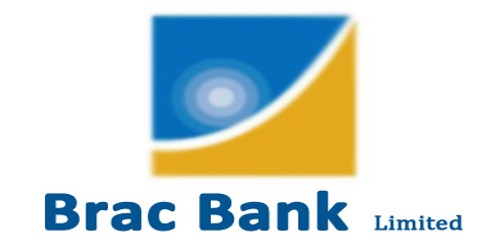Private equity (PE) is an alternative investment class and consists of capital that is not listed on a public exchange. It refers to capital investment made into companies that are not publicly traded. It typically refers to investment funds, generally organized as limited partnerships, that buy and restructure companies that are not publicly traded. It is the funds that institutional and retail investors use to acquire public companies or invest in private companies. Private equity firms make money by charging management and performance fees from investors in a fund. These funds are typically used in acquisitions, expansion of business, or strengthen a firm’s balance sheet.
Private equity is, strictly speaking, a type of equity and one of the asset classes consisting of equity securities and debt in operating companies that are not publicly traded on a stock exchange. It is composed of funds and investors that directly invest in private companies, or that engage in buyouts of public companies, resulting in the delisting of public equity. Leveraged buyouts and venture capital (VC) investments are two key private equity investment sub-fields.
Most private equity firms are open to accredited investors or those who are deemed high-net-worth, and successful private equity managers can earn millions of dollars a year. However, the term has come to be used to describe the business of taking a company into private ownership in order to restructure it before selling it again at a hoped-for profit. Among the advantages of private equity is easy to access to alternate forms of capital for entrepreneurs and company founders and less stress of quarterly performance. Private equity investors hope to beat the market in the long run by selling their ownership at a great profit either through an initial public offering or to a large public company.
A private equity investment will generally be made by a private equity firm, a venture capital firm, or an angel investor. Investors in private equity are generally compensated when: (1) the firm goes public, (2) it is sold or merges with another firm, or (3) it is recapitalized. Private equity firms’ reputation for dramatically increasing the value of their investments has helped fuel this growth. Each of these categories of investors has its own set of goals, preferences and investment strategies; however, all provide working capital to a target company to nurture expansion, new-product development, or restructuring of the company’s operations, management, or ownership. Even if you are not invested in private equity funds directly, you may be indirectly invested in a private equity fund if you participate in a pension plan or own insurance policy, for example.
















